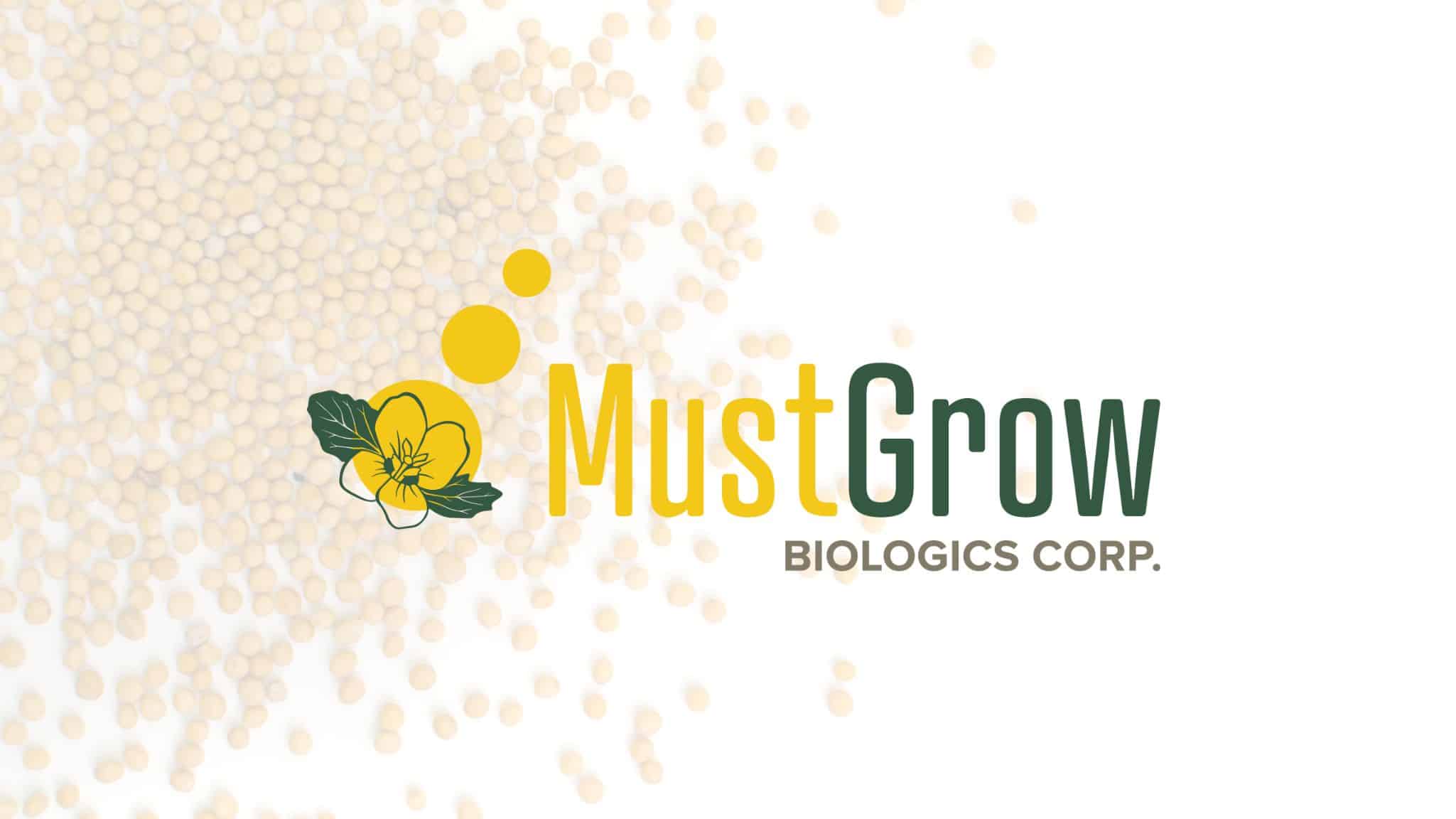Key Takeaways
- New Distribution Partnership: MustGrow Biologics will offer RhizoSorb® to Canadian growers under an agreement with Phospholutions.
- Phosphorus Efficiency: The product is formulated to increase phosphorus availability while lowering application rates.
- Environmental Considerations: RhizoSorb® is associated with reduced leaching and lower CO₂ emissions.
- Ease of Integration: The product is designed for compatibility with standard fertilizer equipment.
- Market Alignment: The agreement targets a significant share of Canadian farmland dependent on phosphate use.
MustGrow Biologics Adds RhizoSorb® to Product Line
MustGrow Biologics Corp. has announced a distribution agreement with Phospholutions Inc. to offer RhizoSorb®, a phosphorus efficiency product, through its Canadian sales channel NexusBioAg. The product is intended to be used as a substitute for conventional phosphorus fertilizers and aims to reduce nutrient tie-up in soil while supporting crop performance.
The Canadian market, with more than 94 million acres of crops that rely on phosphorus fertilizers, is a key target for this distribution effort.
Product Details: RhizoSorb® Formulation and Intended Benefits
RhizoSorb® is designed to integrate into dry granular phosphate fertilizers, offering a controlled release mechanism intended to increase nutrient availability to crops. According to Phospholutions, RhizoSorb® allows growers to reduce phosphorus application rates by up to 50% while maintaining comparable yields.
The product does not require modifications to existing farming equipment or application methods. Field data provided by the manufacturer suggests reductions in phosphorus runoff (up to 78%), nutrient leaching (up to 84%), and greenhouse gas emissions (up to 45.2%) compared to standard monoammonium phosphate (MAP) fertilizers.
Statements from Partner Companies
Representatives from MustGrow Biologics and Phospholutions highlighted the potential applications and goals of the partnership. “Canada is a key market,” said Craig Dick, VP of Sales and Marketing at Phospholutions, referencing the widespread use of phosphate fertilizers in Canadian agriculture. Phospholutions CEO Hunter Swisher noted that the partnership supports broader efforts to introduce alternative fertilizer technologies globally.
Colin Bletsky, Chief Operating Officer of MustGrow, stated that the company views the responsible use of phosphorus as a priority area for both organizations.
MustGrow’s Distribution Focus and Implementation
With RhizoSorb® added to its product portfolio, MustGrow Biologics aims to provide growers and retailers with a phosphorus management option that may offer cost efficiencies and logistical advantages. For growers, the product’s compatibility with current equipment may simplify adoption, while retailers could see reductions in storage and transport needs.


